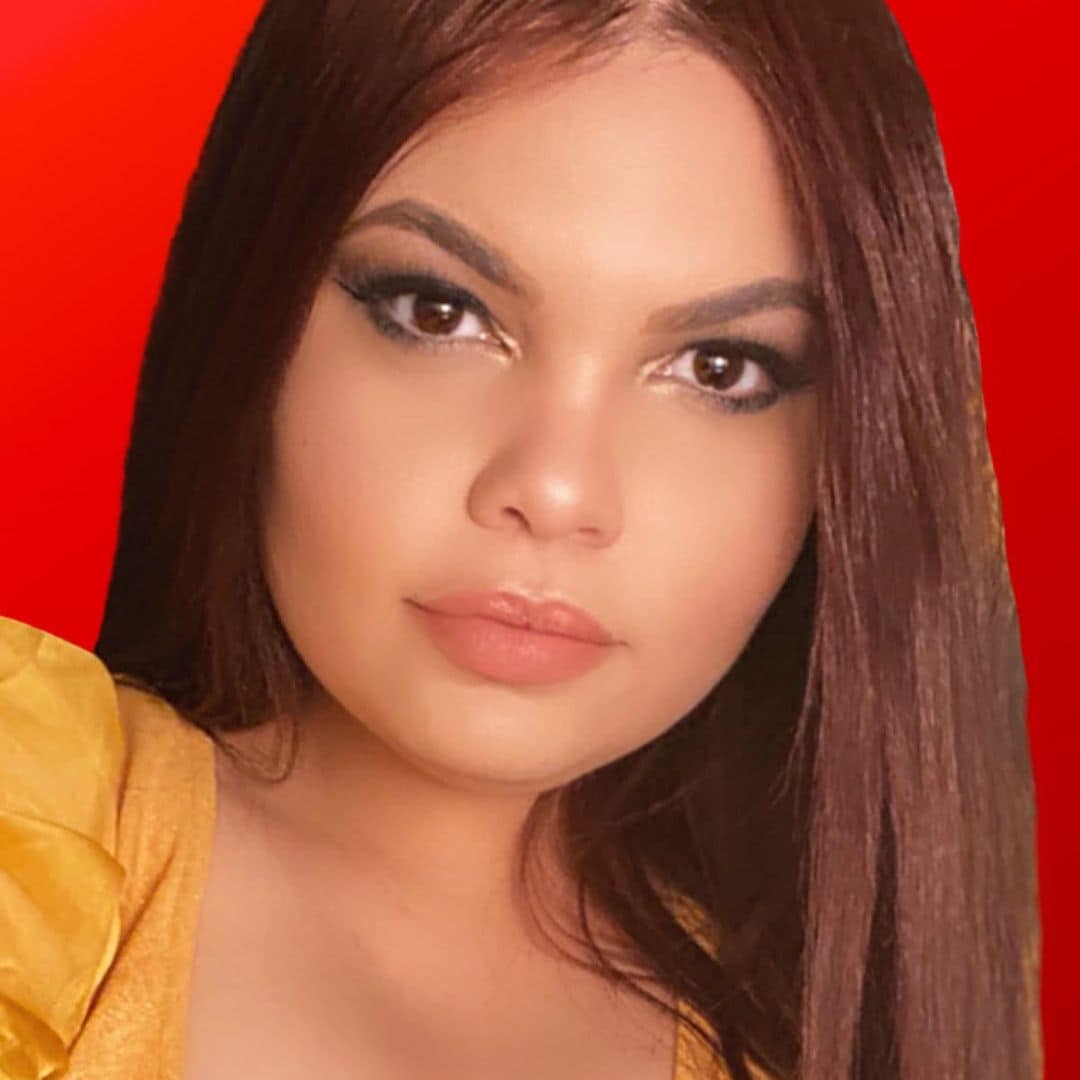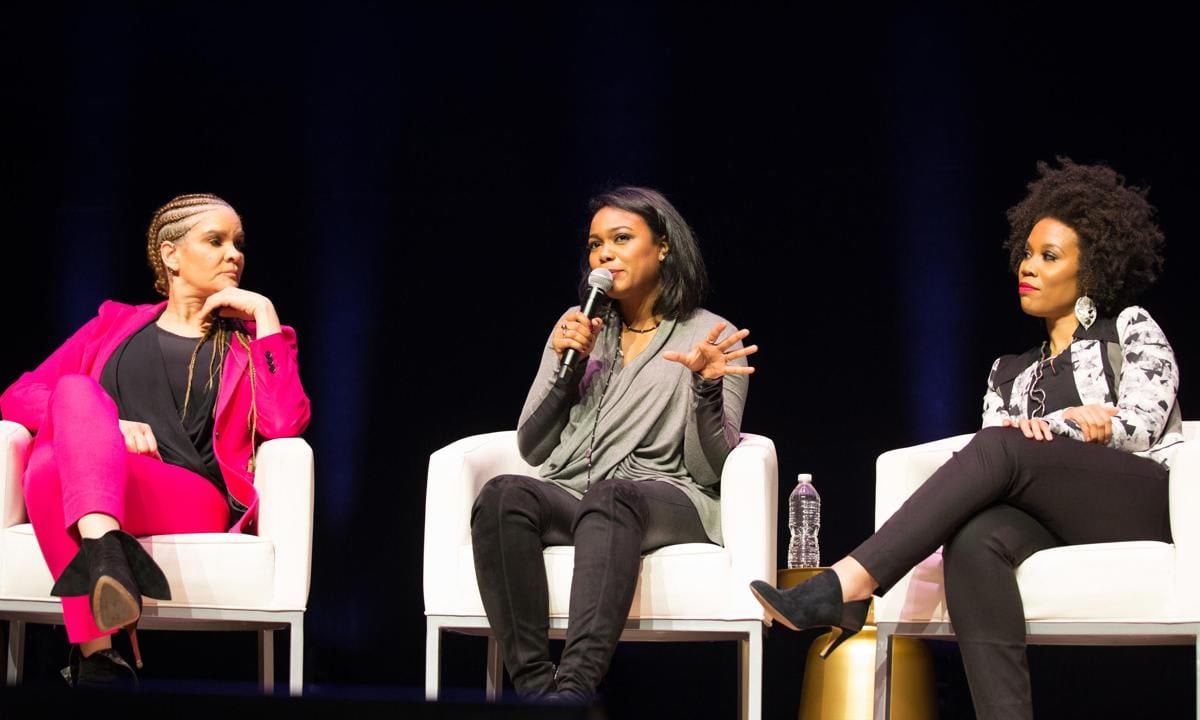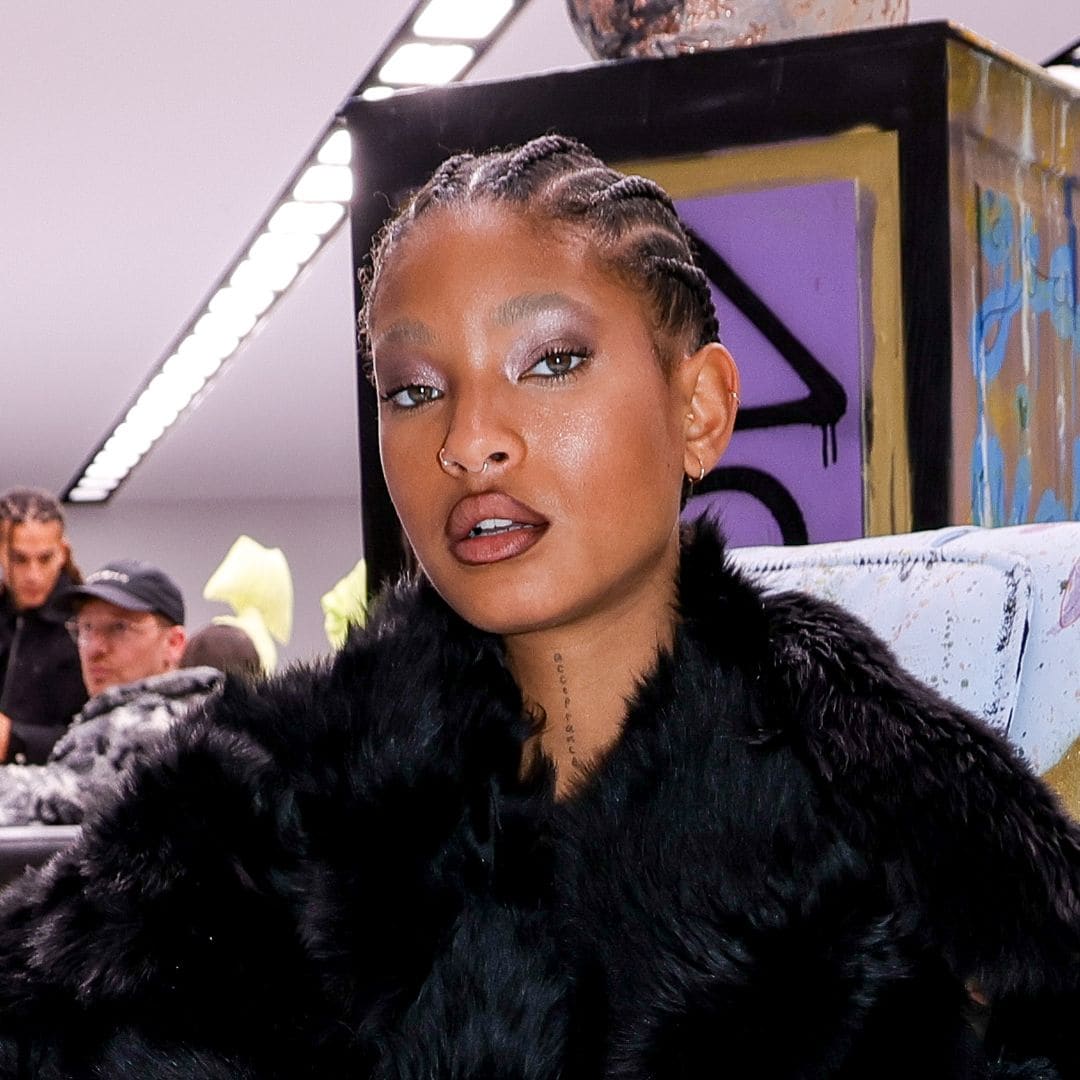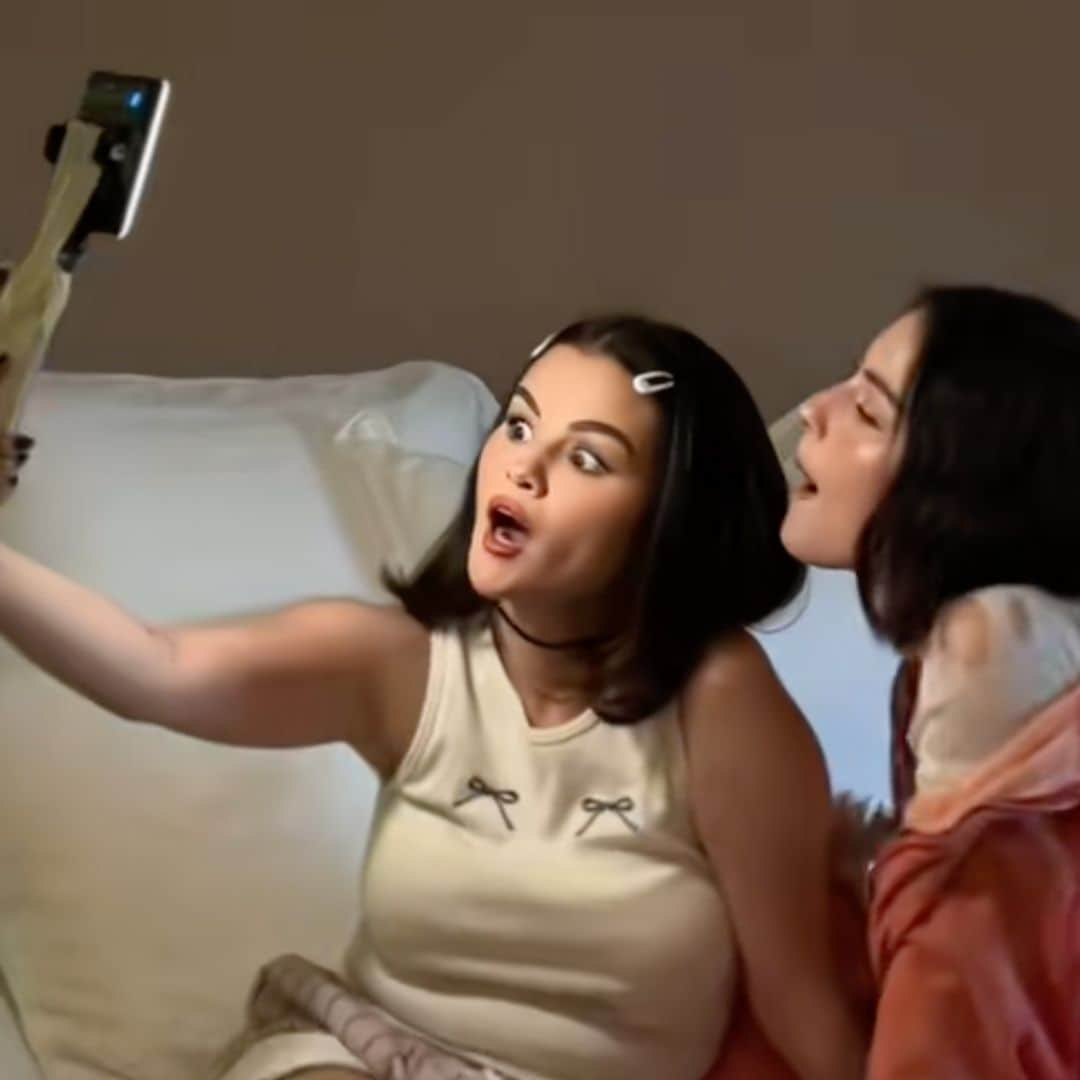Actress and singer Tatyana Ali best known for her role as Ashley Banks on the NBC sitcom The Fresh Prince of Bel-Air shared with SiriusXM Urban View host Clay Cane her journey with colorism in the entertainment industry. “My journey has been interesting. There’s been colorism, but colorism, it’s funny. You assume that colorism only comes from the white community and that it’s sort of put upon us, but there’s also colorism within the black community,” Ali said.
According to the 41-year-old New York native, she has also deal with people questioning her blackness. “And so I’ve experienced that. I don’t even know if it’s colorism, or if it’s ‘are you black enough?’ That kind of stuff. In life and in work, for sure, ‘will you just make it a little blacker’? Or this is recent, where a character description said she’s ‘unapologetically black,’ and I’m like, that’s an interesting thing to put in a description,” she added.
“I know what that means when I’m talking with friends or, but how, as an actor, what cues are you trying to give me? What does that mean about this character who happened to be like a corporate person? What does that look like to you? What does that sound like? What is that?” she questioned. “So, I’ve dealt with those things and my personal beliefs about how I would like to represent, sometimes they don’t match.”
The actress also spoke about being “sorted” into a skin tone category: “I thought that I could speak on dark-skinned girls or light-skinned girls. We’re all black women; we’re all women having an experience, what it’s like to be cast into these categories. And yeah, I thought that was disappointing that we were separated in the project itself, and I don’t know who decided what category I was supposed to be sorted into,” she continued. “My assumption at the time was ‘Oh my gosh, I definitely want to talk about that. I have feelings about it and stories, and yes, I really thought that I could speak to both. I had no idea it was going to be sorted.”
“Colorism conversations have been going on for a long time..and they’re very delicate. It’s hard to have that conversation, like out in the open when sisters haven’t had that conversation together,” she highlighted. “I’ve even been involved kind of unknowingly in projects that they’re going to talk about colorism, but then at the same time, they further divide us, and continue to rank you. I did an interview, where I thought that all of the dark-skinned girls and light-skinned girls, or so-called brown-skinned girls, whatever, were going to be in the same project talking about this experience. And what ended up happening was the stories were split, and I was put into a light-skinned girl thing, and I was like, Oh my God, this is so hurtful. We’re talking —you’re in a conversation in public about something that’s very personal.”
The star is against labels, especially when it comes to race. “My mother would be considered a dark-skinned woman; my youngest sister would be considered light-skinned, I’m somewhere in the middle..like this is real stuff that happens in families,” she added. “But while talking about it now, we’re going to separate; we’re going to further, we’re going to put the stamp. Make the stamp official while you’re going to break apart my features and the features of other people involved in the storytelling. Are we trying to prove that it really does exist after all? Because the truth is, it’s a construct. The truth is it’s not real. It’s not real the judgments that we cast based on appearance; those are false; they’re based on false things. So yeah, it’s very, very sensitive.”
Ali also took the opportunity to share a message she had for Janet Hubert and didn’t get a chance to say to her at The Fresh Prince of Bel-Air reunion. “When we were working on the show together, I mean, we always talked about how beautiful she was. I hope that she knows it for me as a young girl, I saw her with a spotlight on her, and that’s how I thought she was being represented on the show,” she said. “She was in terms of beauty and black beauty, and as a young black child, I thought she was radiant, and I thought the spotlight was on her, and that was something that I wasn’t used to seeing. I didn’t get a chance to tell her that at the reunion, but if she hears that, I hope that gives her some comfort that for the things that she went through, she meant a lot to a lot of people, to young people.”
,type=downsize)





